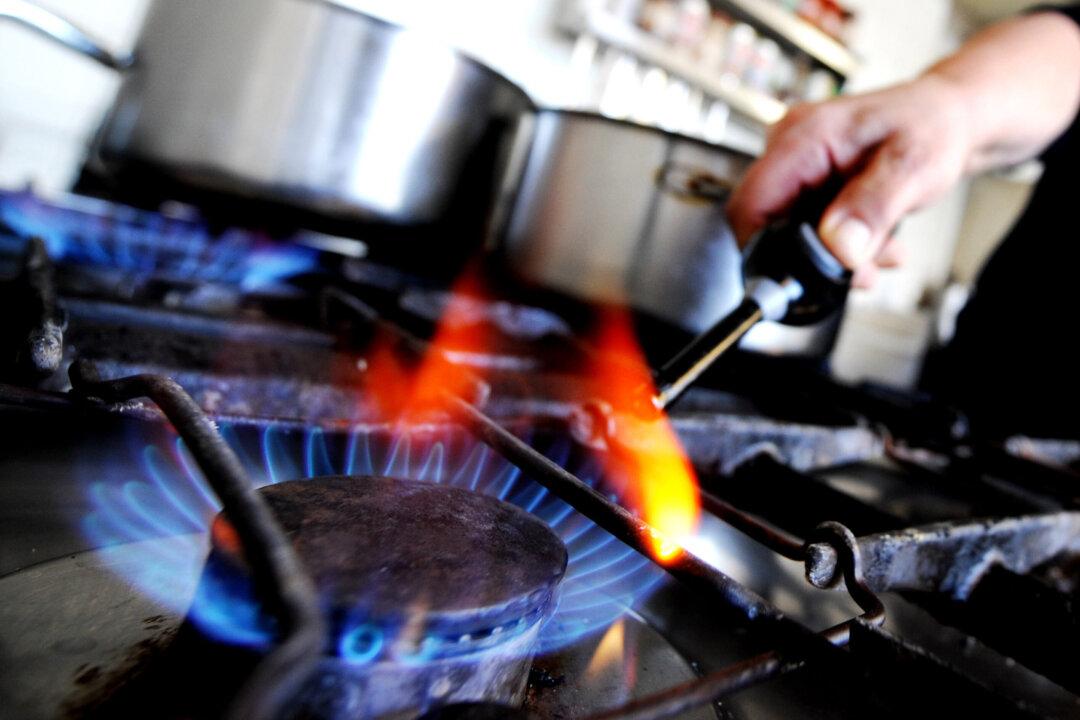The House passed the Gas Stove Protection and Freedom Act on June 13, marking another salvo in the conflict between Democrats and Republicans over the future of gas stoves.
The bill made it through the chamber with 248 yeas and 180 nays.

The House passed the Gas Stove Protection and Freedom Act on June 13, marking another salvo in the conflict between Democrats and Republicans over the future of gas stoves.
The bill made it through the chamber with 248 yeas and 180 nays.